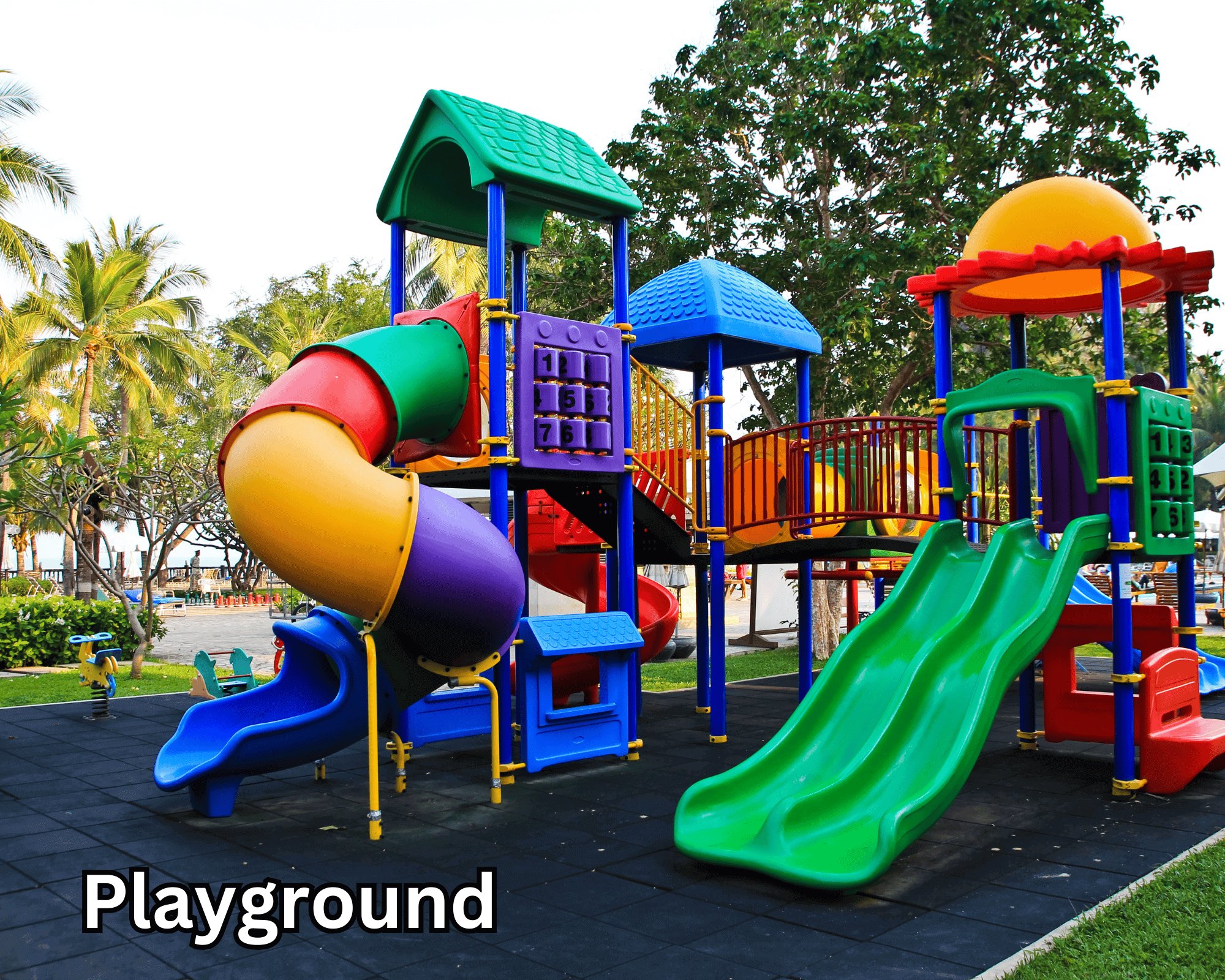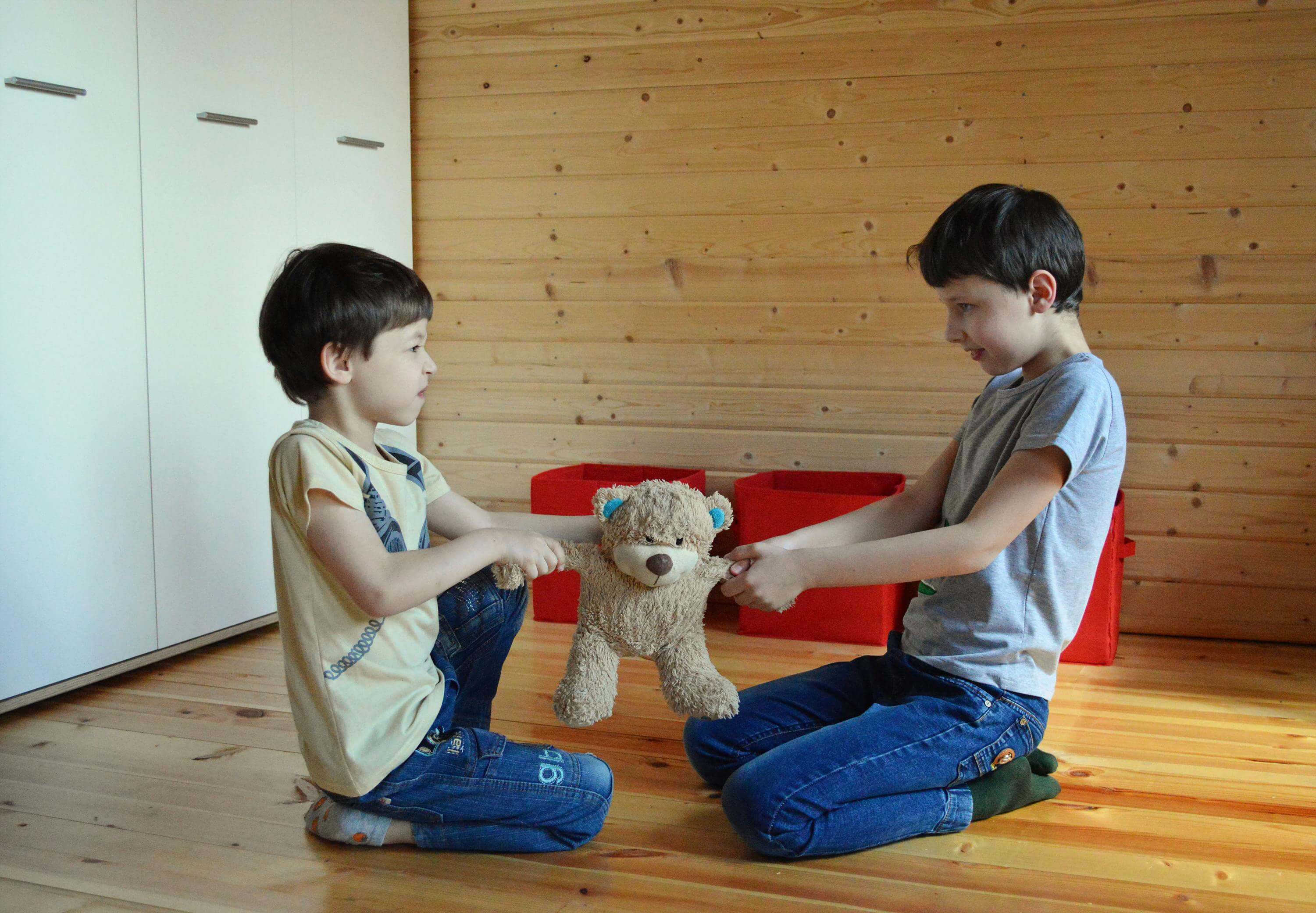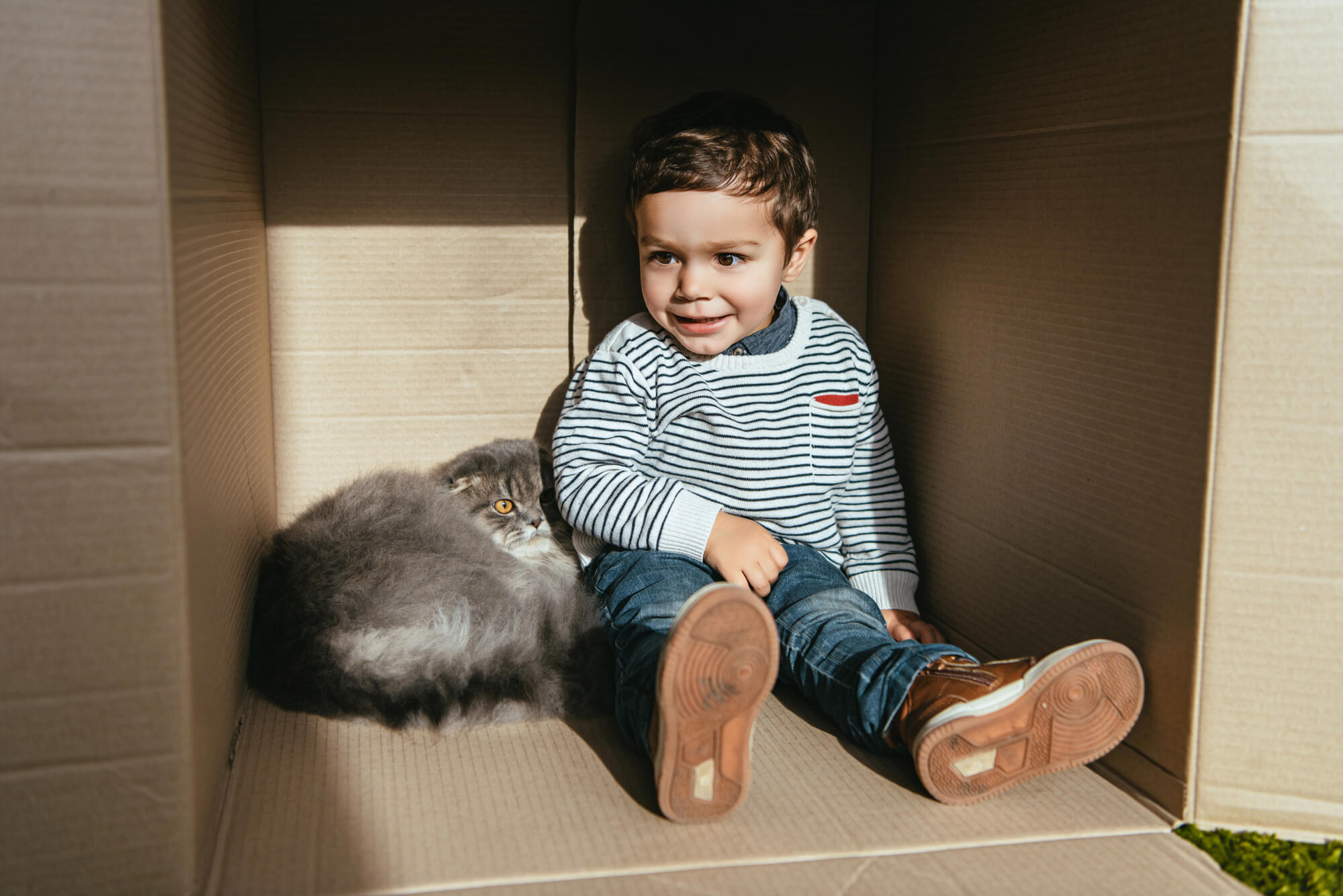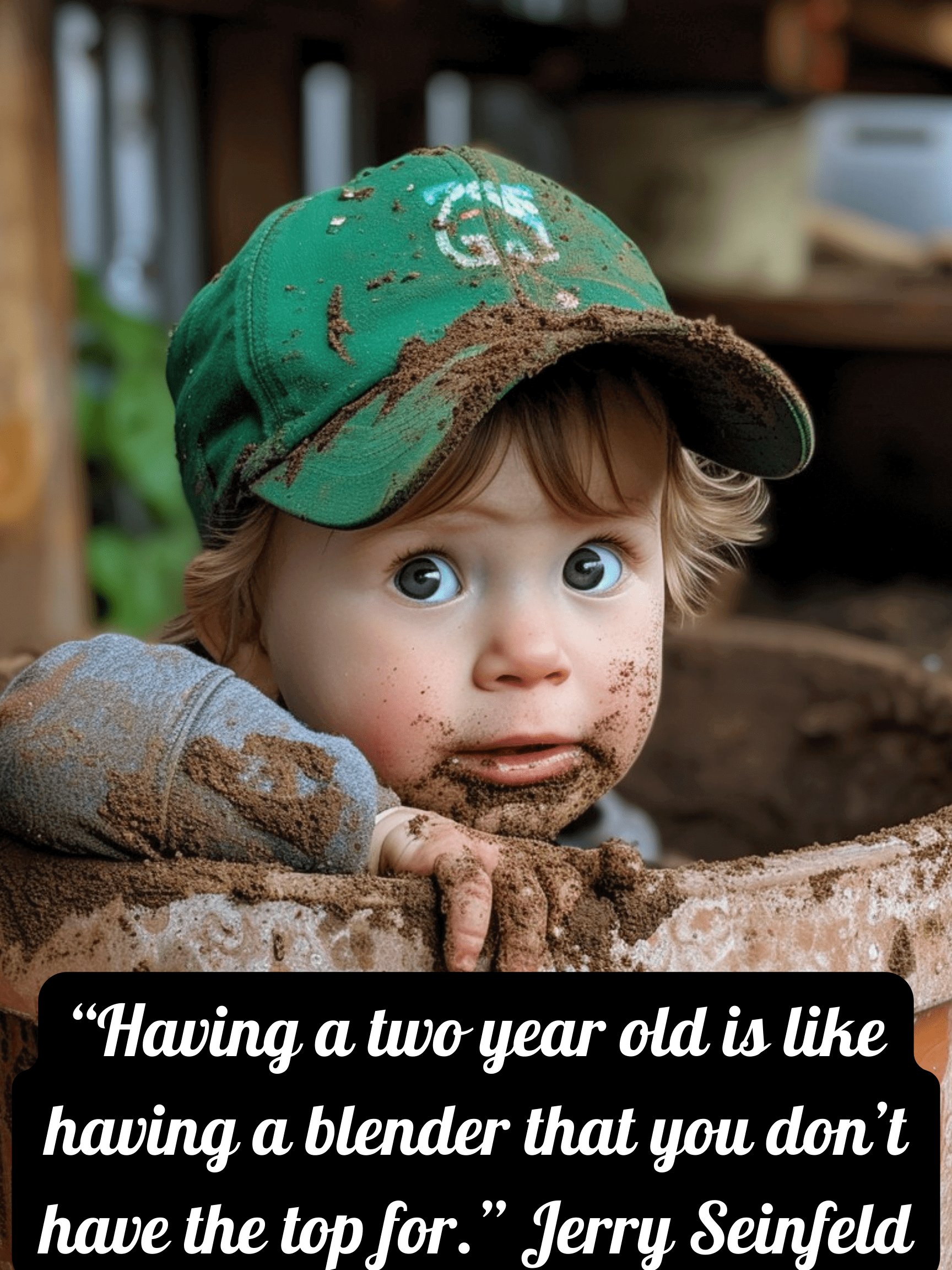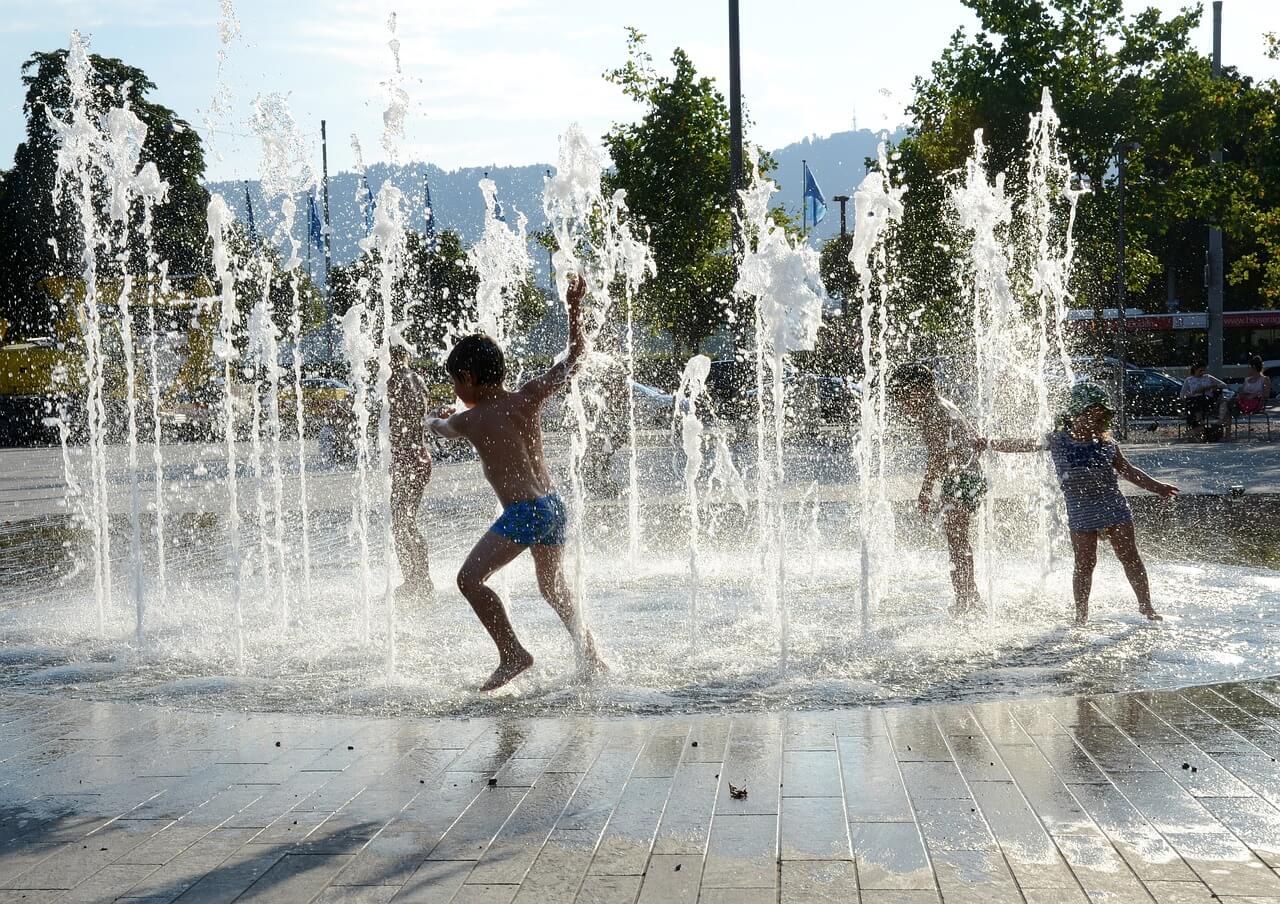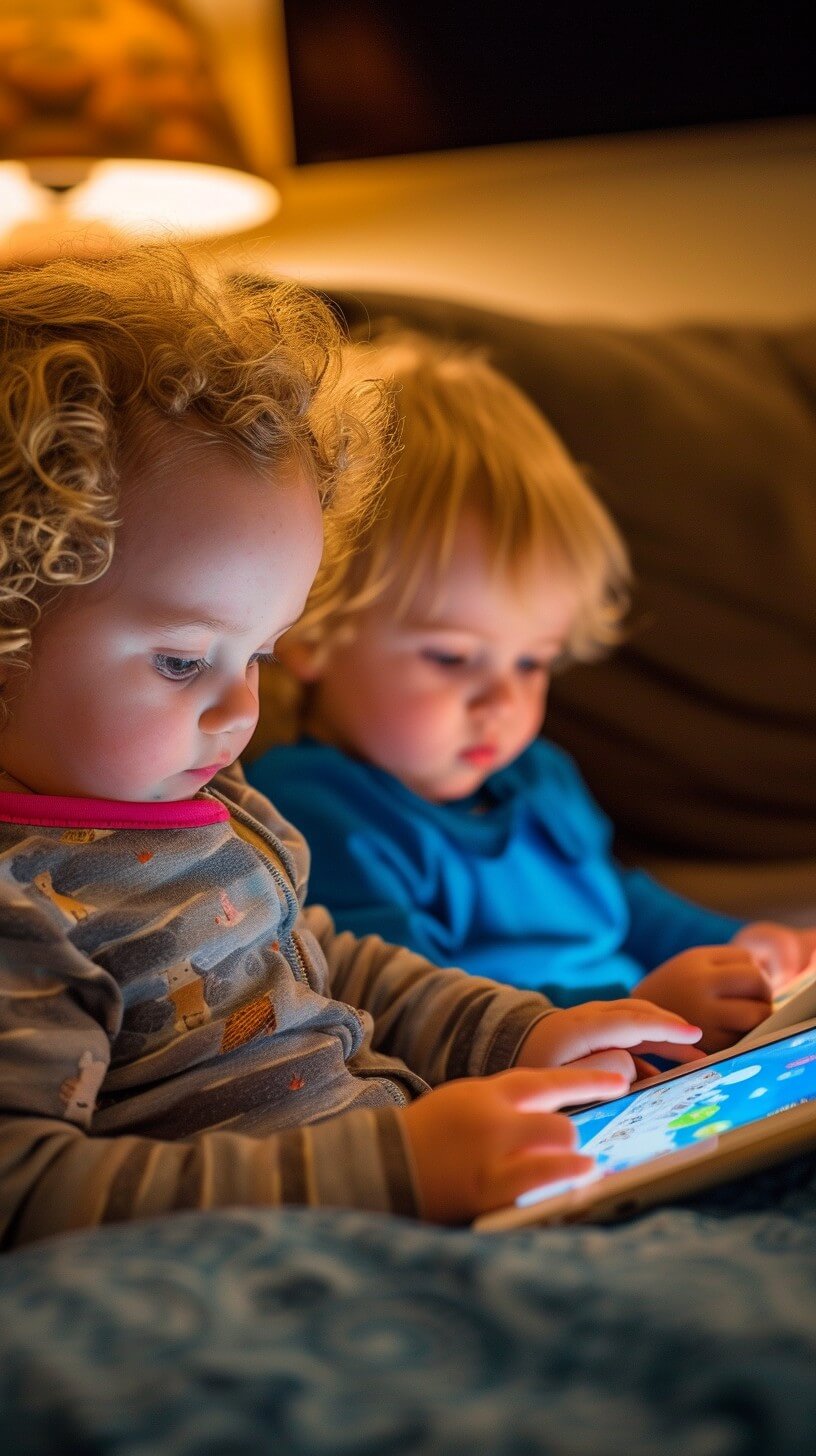Practical Steps & Insights on How to Help Your Child Make Friends
Making friends is something all kids want. Good friendships offer a child with emotional support and can boost their self-esteem. Here are some practical steps on how to help your child make friends, along with some insights to ease your worries.
 Two little girls running and laughing in the rain and splashing in the puddles.
Two little girls running and laughing in the rain and splashing in the puddles.How to Help Your Child Make Friends By Encouraging Social Activities
One of the simplest ways to help your child make friends is to involve them in social activities.
Here are some ideas:
- Join Clubs and Groups: Whether it's a sports team, a dance class, or a scouting group, joining clubs can provide a structured environment for children to meet peers with similar interests.
- Attend Community Events: Local festivals, fairs, and community gatherings are great opportunities for children to meet new friends.
- Arrange Playdates: If your child is younger, arrange playdates with classmates or neighbourhood kids. Start with shorter playdates and gradually increase the time as they become more comfortable.
How to Help Your Child Make Friends By Teaching Social Skills
Children often need to learn the basics of social interactions.
Teaching these skills can make a big difference in their ability to make friends:
- Practice Greetings and Introductions: Role-play different scenarios where your child can practice saying hello and introducing themselves.
- Teach Them Empathy: You can help your child understand how to be a good friend by talking about how important it is to listen, share, and be kind to others.
- Encourage Manners: Simple manners like saying “please” and “thank you” can go a long way in making a positive impression on peers.
 Two boys riding wooden go carts down the road and yelling.
Two boys riding wooden go carts down the road and yelling.How to Help Your Child Make Friends By Modeling Positive Social Behavior
Children learn by watching their parents.
Model the social behavior you want to see in your child:
- Show Empathy and Kindness: Demonstrate empathy and kindness in your interactions with others. Let your child see you being a good friend.
- Be Open to New Friendships: Show your child that when you make new friends it can be fun and rewarding experience by cherishing your new friendships.
How to Help Your Child Make Friends by Creating Opportunities for Interaction
Creating opportunities for your child to interact with other children can help them build friendships naturally:
- Host Gatherings: Invite your child's classmates or neighbourhood kids over for a casual get-together.
- Encourage Group Projects: If your child is not involved in any extracurricular activities, encourage them to participate in group projects or team-based activities.
- Plan Family Outings: Plan outings where your child can invite a friend to join. This can help them bond in a different environment.
Address Their Shyness and Anxiety
If your child is shy or anxious, making friends can be more challenging.
Here’s how you can support them:
- Start Small: Encourage your child to make one friend at a time rather than overwhelming them with large groups.
- Build Confidence: Help your child build confidence by acknowledging their strengths and celebrating small victories in social situations.
- Practice Social Situations: Role-play different social scenarios at home to help your child feel more prepared.
Be Supportive but Not Overbearing
It’s important to strike a balance between being supportive and giving your child space to navigate their social interactions:
- Listen and Offer Advice: Be there to listen when your child talks about their social experiences. Offer advice but avoid solving problems for them.
- Encourage Independence: Allow your child to take the lead in making friends. Support them from the sidelines rather than managing their social life.
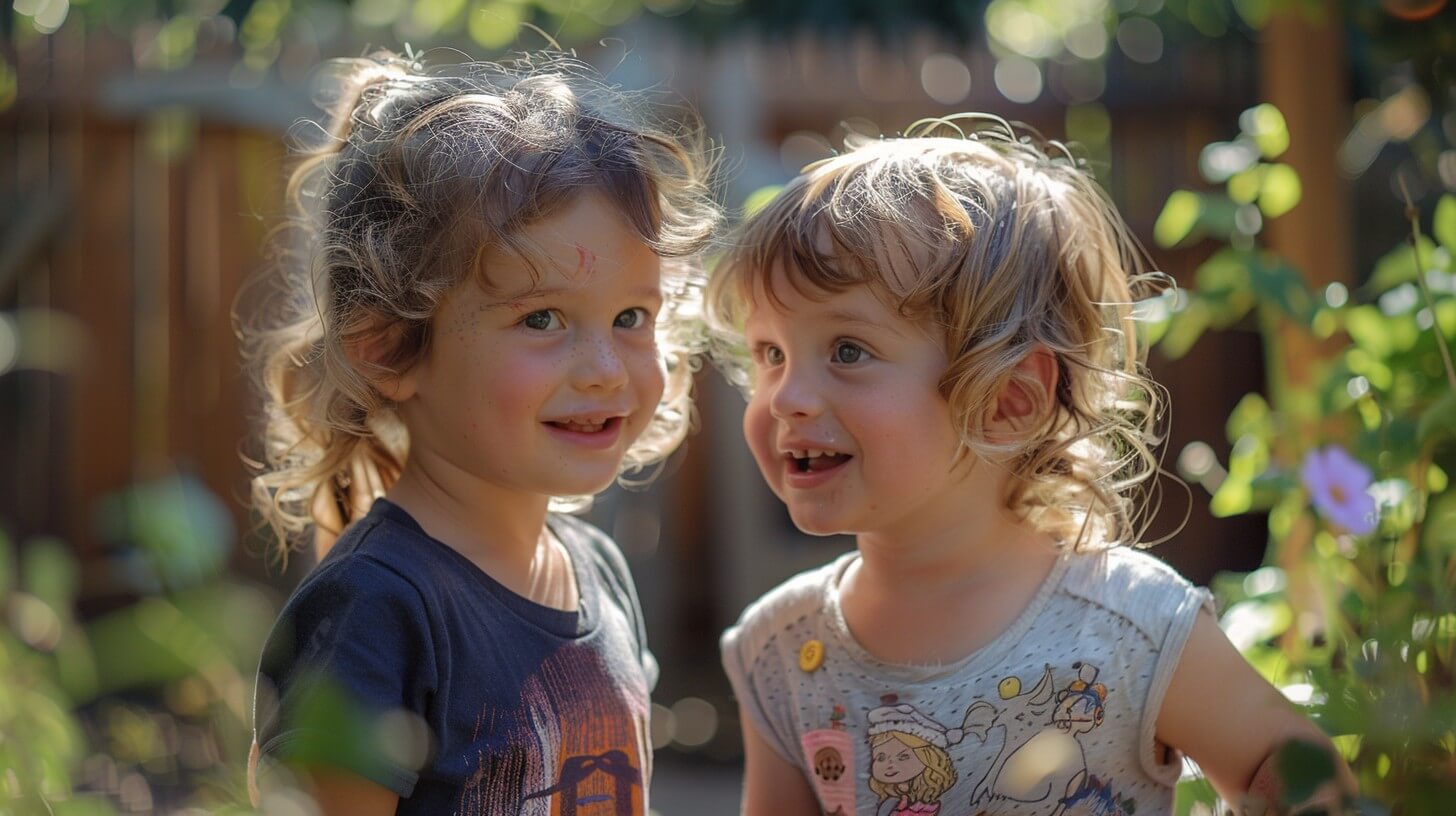 two little girls whispering to one another on a warm summer day.
two little girls whispering to one another on a warm summer day.Recognize and Address Bullying
Sometimes, difficulties in making friends are due to negative experiences like bullying.
Here’s what you can do:
- Talk Openly: Create an open environment where your child feels comfortable discussing any issues they face, including bullying.
- Teach Assertiveness: Help your child develop assertiveness skills so they can stand up for themselves in a respectful way.
- Seek Support: When bullying becomes an issue, talk to teachers, school counselors, or other professionals.
Celebrate Diversity and Inclusion
Teaching your child to appreciate diversity and practice inclusion can help them make a wider range of friends:
- Discuss Different Cultures: Teach your child to be open-minded and respectful about different cultures, traditions, and perspectives.
- Promote Inclusive Play: Just because someone is different, whether in terms of culture, interests, or abilities, teach your child that they should not be excluded simply for these reasons.
Set Realistic Expectations
It’s important to set realistic expectations for your child’s social life:
- Quality Over Quantity: Emphasize the importance of having a few close friends rather than focusing on the number of friends.
- Respect Individuality: Understand that every child is different. Some children are naturally more social, while others prefer smaller, more intimate friendships.
Maintain Open Communication
Keeping the lines of communication open with your child is key to understanding their social needs and challenges:
- Regular Check-ins: Regularly check in with your child about their social experiences, asking them open-ended questions.
- Be Non-Judgmental: Listen without judgment and offer support and understanding.
Seek Professional Help if Needed
If your child is struggling significantly with making friends, and you have tried everything you can think of, consider seeking professional help:
- Consult a Counselor: A school counsellor or child psychologist can provide strategies and support for your child who has difficulty making friends.
- Join Support Groups: Sometimes, joining support groups for parents can offer new insights and strategies for helping your child.
 Five small children with backpacks and are walking towards home.
Five small children with backpacks and are walking towards home.Helping your child make friends is filled with taking small steps and celebrating victories.
Your child needs your encouragement to help them with their social skills so that they can create lasting relationships.
It’s exciting for your child when they make friends, this is a time when they are developing their social and emotional skills.
Remember to be patient and understanding, as each child’s journey to making friends is unique and special in its own way.






